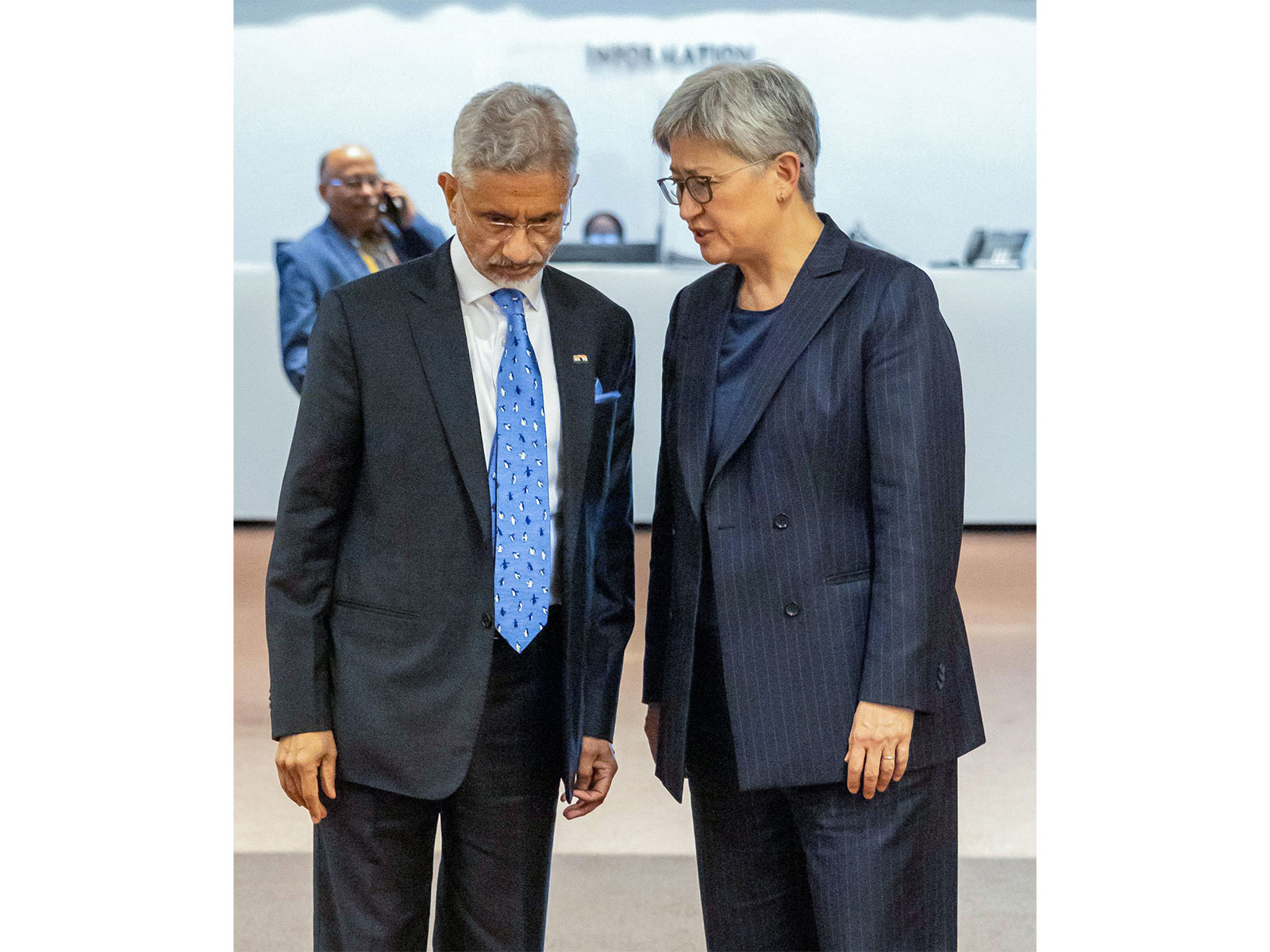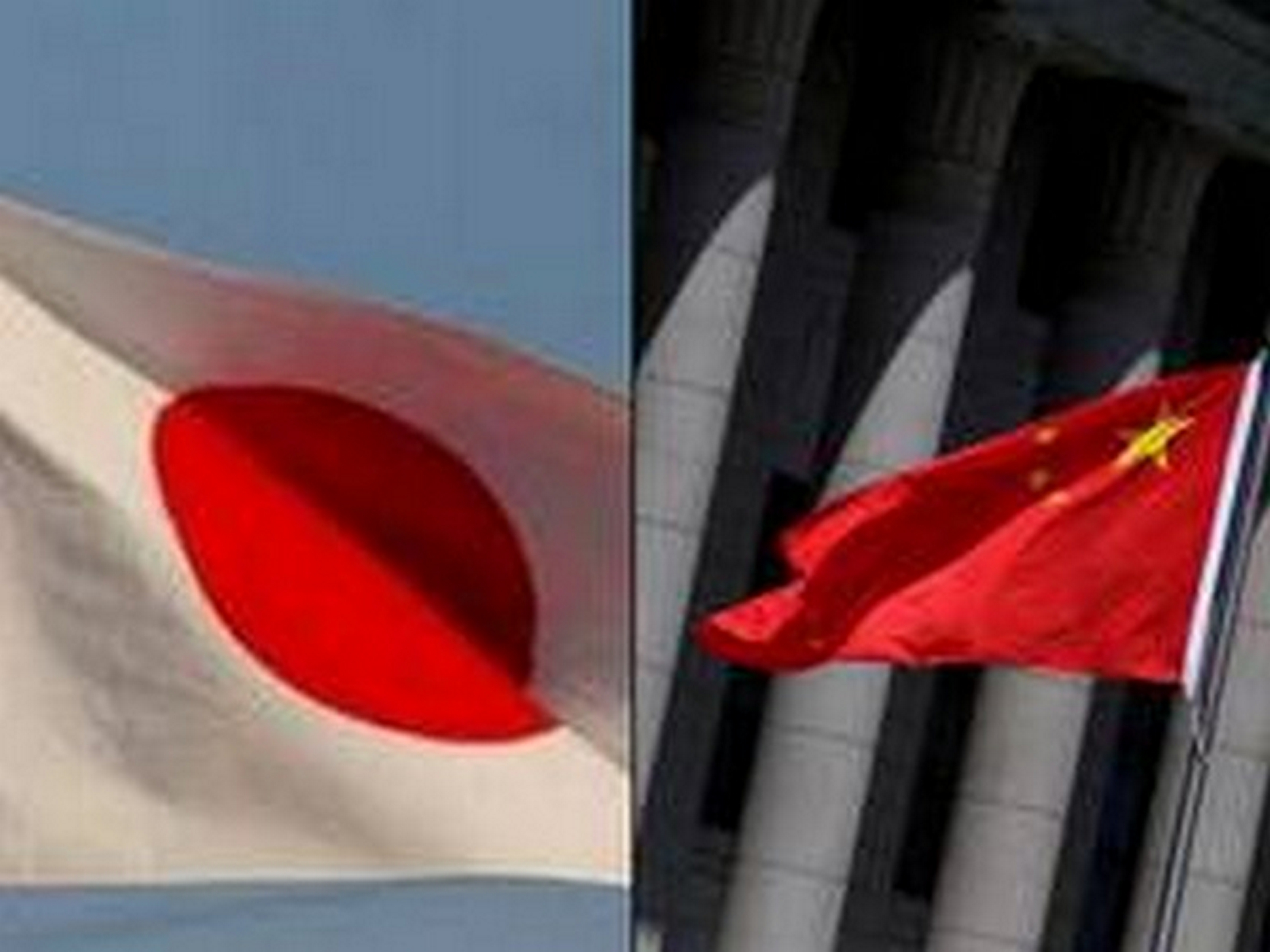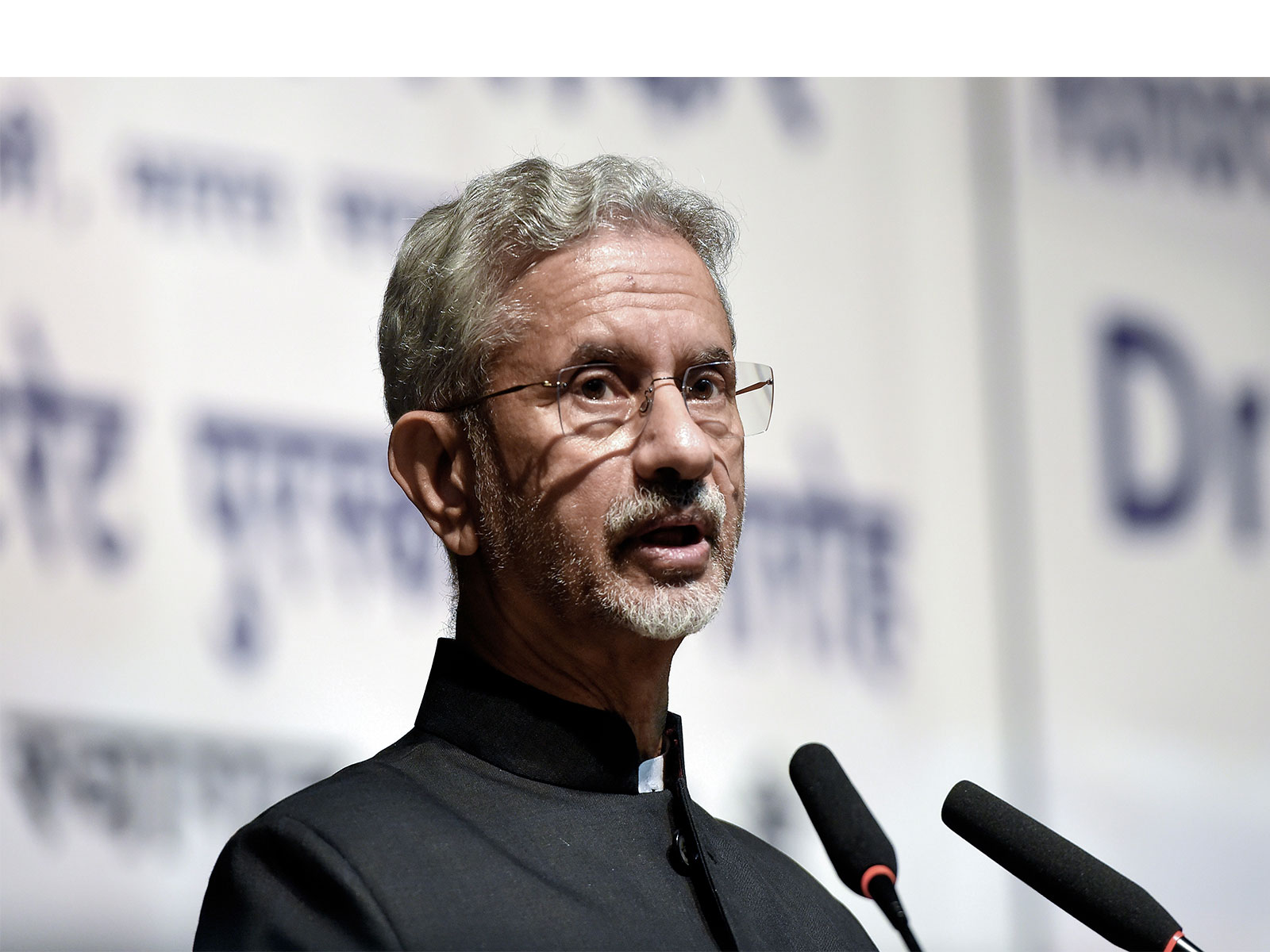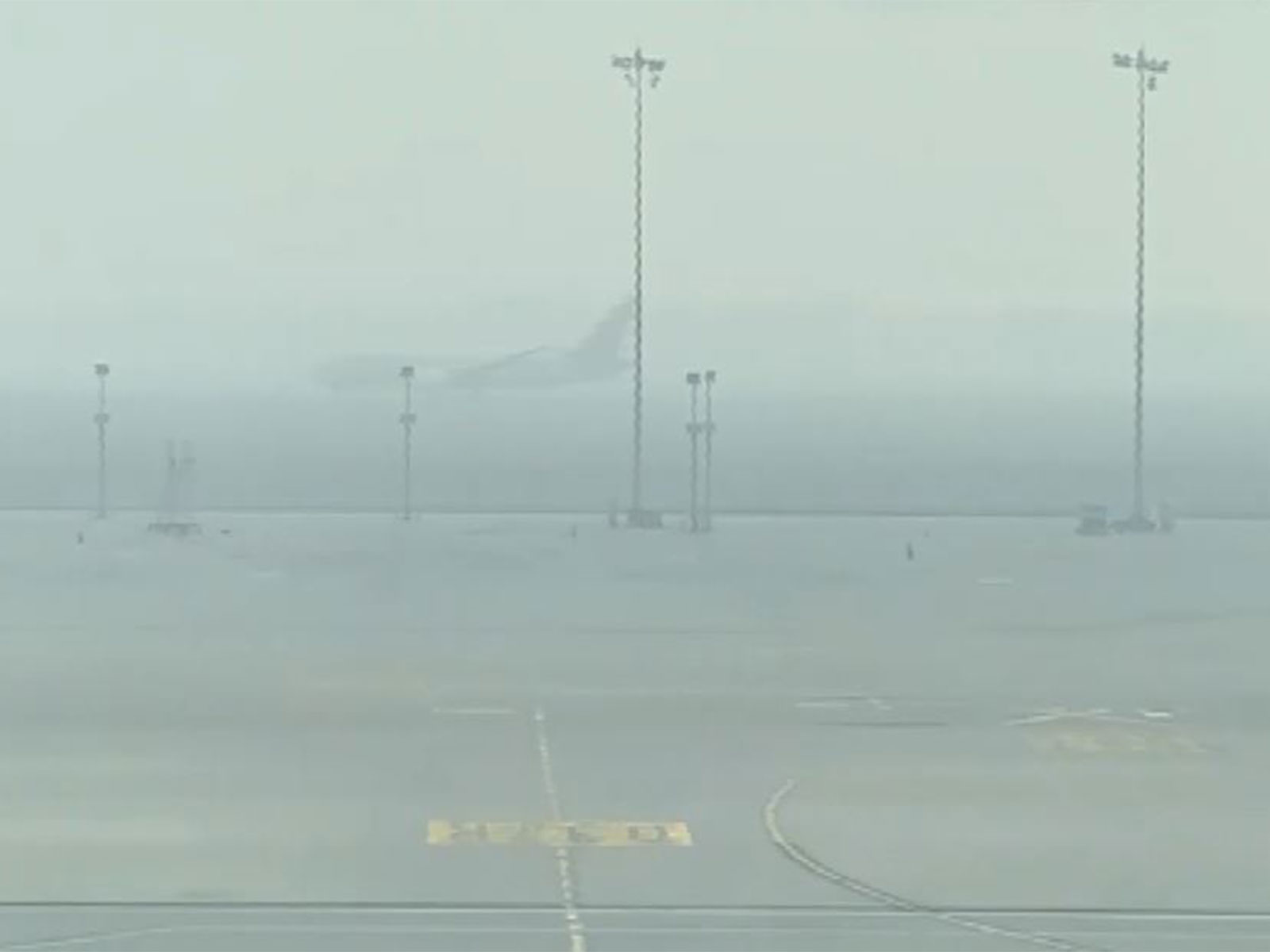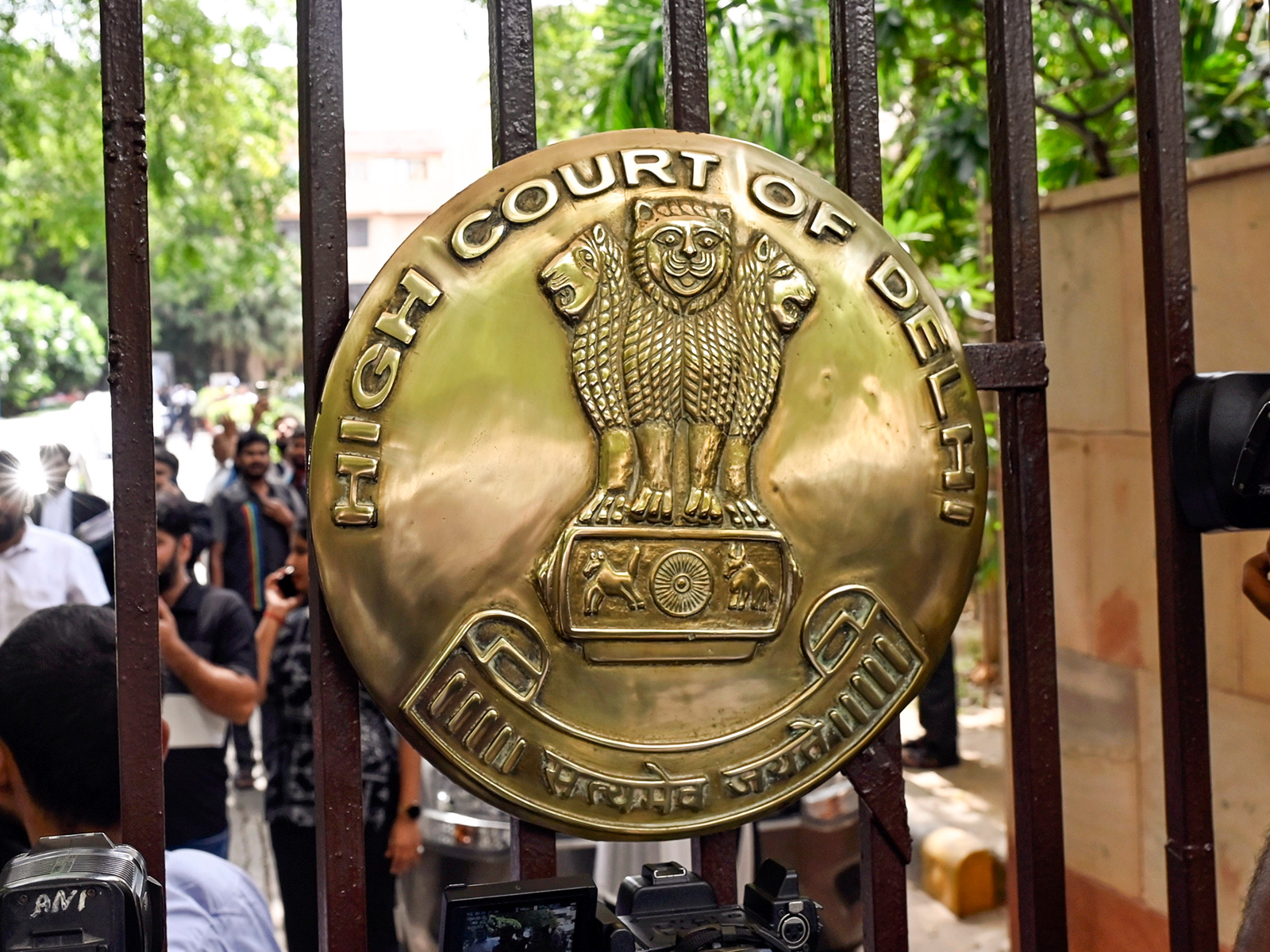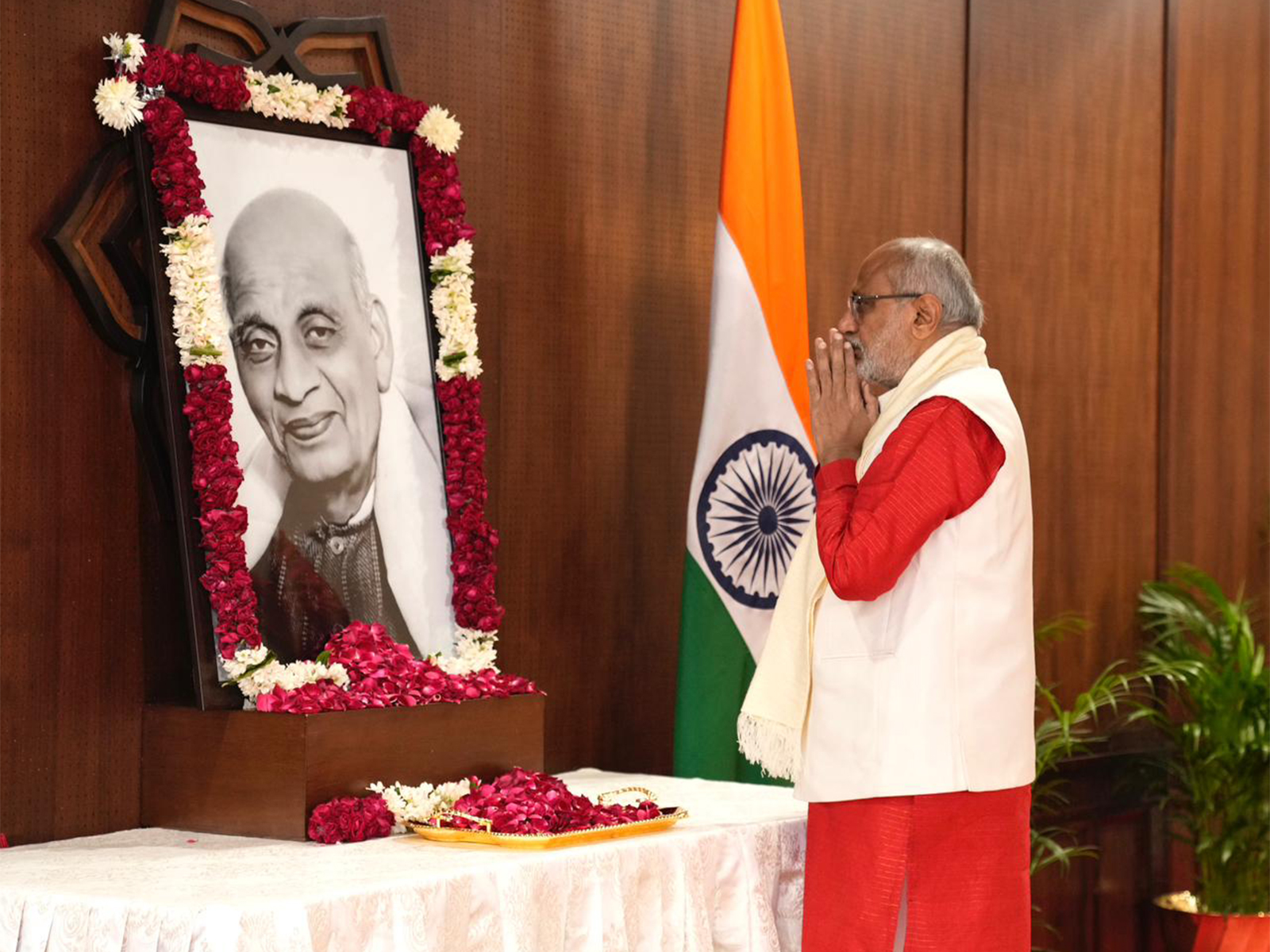Taliban to revise mass media law in Afghanistan, condition of the press could deteriorate
Sep 07, 2022

Kabul [Afghanistan], September 8 : With Taliban officials set to make changes in the culture and religious sections of media books and revise the mass media law in the country, the condition of media personnel in Afghanistan is likely to get worse.
"We will make some changes in the culture and religious sections and send it to the Islamic Emirate leader to confirm, and in the near future it will be available to the media," said Taliban spokesperson, Zabiullah Mujahid in a tweet adding that the Ministry of Information and Culture will review mass media law.
The move occurred when Afghanistan Journalists Center (AFJC) expressed "deep concern" over the atrocities against media practitioners in Afghanistan, Khaama Press reported.
Reiterating revising the media law in the country, the acting minister of Information and culture said that last year they identified 150 books against the Islamic values that need to be revised, as per the Afghan media agency.
"Still now, we reviewed 80 books and there were 150 books that are against the principle of Islam, and there are some other books that are against unity," Khaama Press reported quoting the deputy of publications in the Ministry of Information and Culture, Hayatullah Muhajir Farahi as saying.
Notably, hundreds of male and female journalists have left the country since the Taliban seized power in Afghanistan on August 15 last year.
More than half of about 600 media outlets were shut down due to the financial crisis.
Currently, about 30 per cent of other media outlets that have been operating despite the odds are on the verge of financial collapse.
In the latest South Asia Press Freedom report 2022-22, the IFJ documented 75 media rights violations, including 12 killings and 30 arrests, in Afghanistan from May 2021 to April 2022 and attacks on Afghan journalists and media workers, including imprisonment, harassment, and assault, have significantly increased.
The ever-increasing restrictions against media in Afghanistan have also drawn widespread criticism globally with the United Nations (UN) and the Committee to Protect Journalists (CPJ) decrying the arrests, demanding the Taliban stop harassing local journalists and stifling freedom of speech through continued detentions and threats.
While the United Nations Assistant Mission in Afghanistan (UNAMA) has also expressed concern over the situation of media in the country, Reporters Without Borders (RSF) have written to Richard Bennett, the UN's new special rapporteur on the human rights situation in Afghanistan, calling for urgent action to defend journalists and press freedom in Afghanistan, where arbitrary arrests are on the rise and a climate of fear has taken hold in all media outlets.

